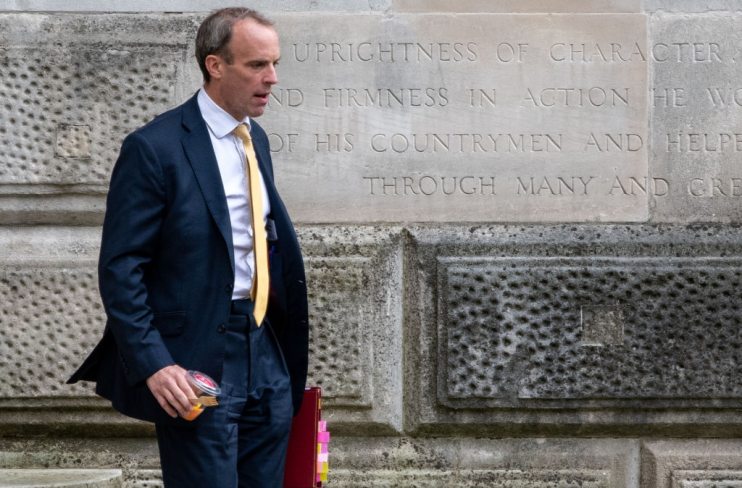Raab vows to boost legal aid with extra investment of £135m a year

The UK government has agreed to invest an extra £135m a year into criminal legal aid, in line with recommendations made by the Bellamy report, which said £135m is the minimum investment needed to ensure the UK’s criminal legal aid system continues to function effectively.
In a statement, the Ministry of Justice (MoJ) said it will spend an extra £135m a year on legal aid, with a view to giving legal aid lawyers their “biggest pay boost in a decade.”
The new investment comes after an independent review carried out by influential barrister Sir Christopher Bellamy QC said £135m a year is the “minimum” investment needed to nurse “the system of criminal legal aid back to health after years of neglect.”
UK justice secretary Dominic Raab said: “We owe our whole legal profession – solicitors, barristers, court staff and judiciary – a debt of gratitude for keeping the wheels of justice turning over the last two years.”
“That’s why we are accepting Sir Christopher Bellamy’s recommendation for an uplift in fees and a total of £135 million extra investment to ensure legal representation is there for those who most need it as we build back a stronger and fairer society after the pandemic.”
Legal aid reforms
In a statement, the MoJ said its £135m a year investment will boost pay for legal aid lawyers acting on behalf of suspects in police stations by 15 per cent, and will expand access to civil legal aid for around two million people.
The government noted that the new investment will in some cases cut out the legal aid means test entirely, as it said the financial cap on eligibility for Crown Court defendants will be ended.
The MoJ also said the investments will “improve the advice available in police stations and stop cases going to court unnecessarily.”
The pledge come as the MoJ seeks to reduce the backlog of cases waiting to be heard in the courts, after Crown Court backlog soared to record highs during the pandemic.
In a statement, the MoJ also said its investments will “give more people the opportunity to forge a career in criminal law” as it set out plans to fund training and lower the barriers to achieving accreditation for solicitors.
Not enough!
In response to the MoJ’s announcement, the Criminal Bar Association (CBA), the body that represents criminal barristers, said the investment will not be enough to “keep the wheels of justice turning.”
The comments come after 94.34 per cent of criminal barristers voted to take “industrial action” next month, unless the government boosts legal aid fees paid out to barristers by 25 per cent. The vote is set to see criminal barristers refuse to work from 11 April.
The CBA also called on the government to create a “pay review body” for barristers’ pay, as the trade union said barristers should also be paid for all “written work”.
In a statement, the Law Society welcomed the government’s investment as a “substantial step in the right direction.”
Law Society president I. Stephanie Boyce said: “Legal aid is a fundamental part of the British justice system, ensuring those who cannot afford legal advice are able to receive it in the same way as those who can.”
“We have long highlighted that many who cannot afford a solicitor – including poverty-hit families – have fallen through the justice gap as they have not been eligible for legal aid because of the ungenerous means test.